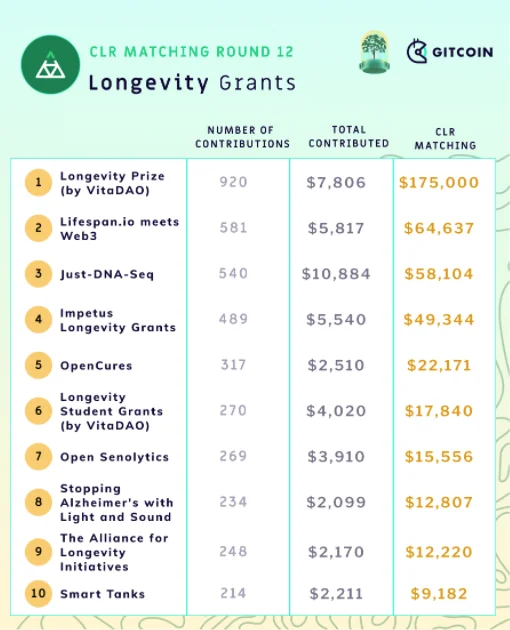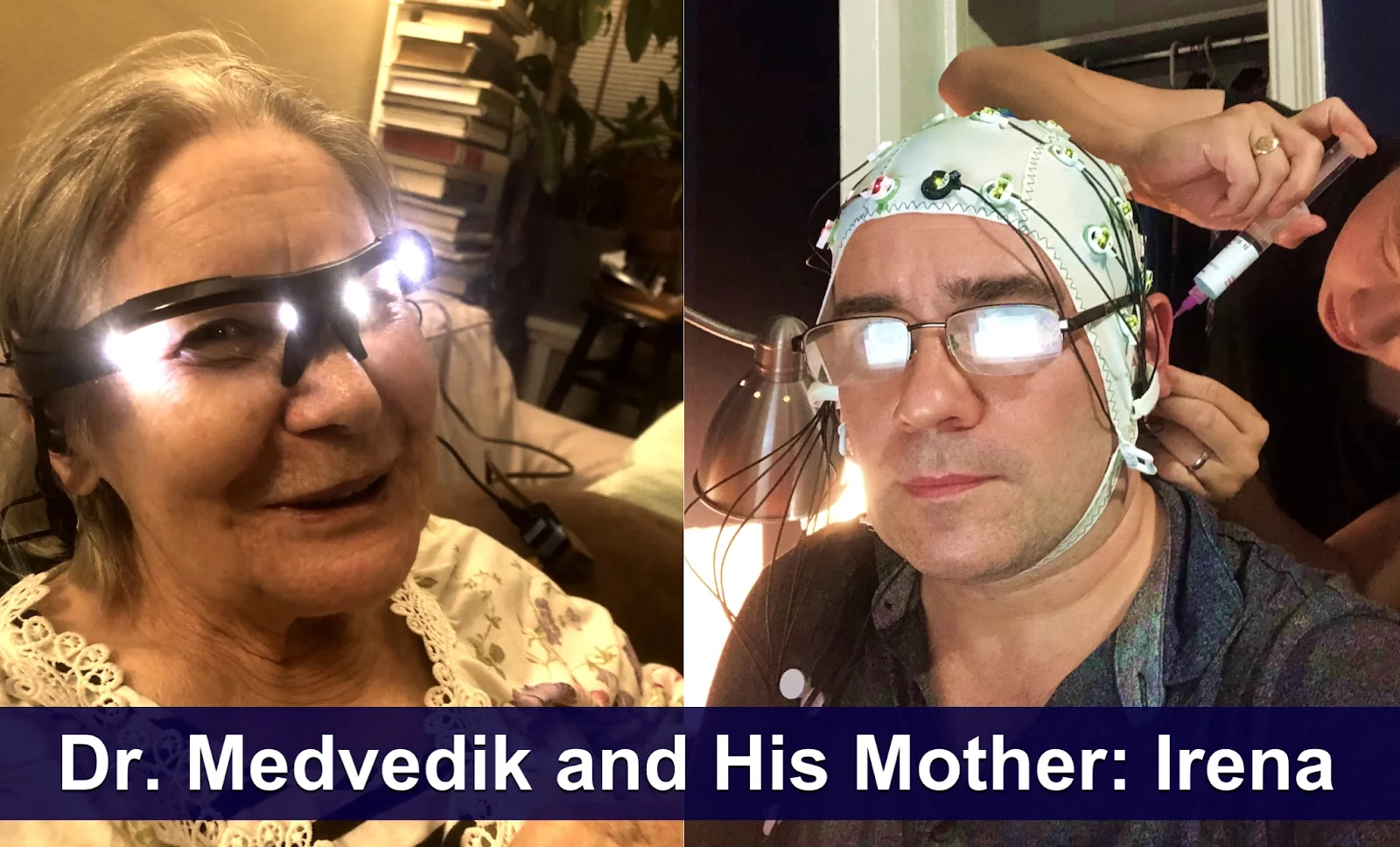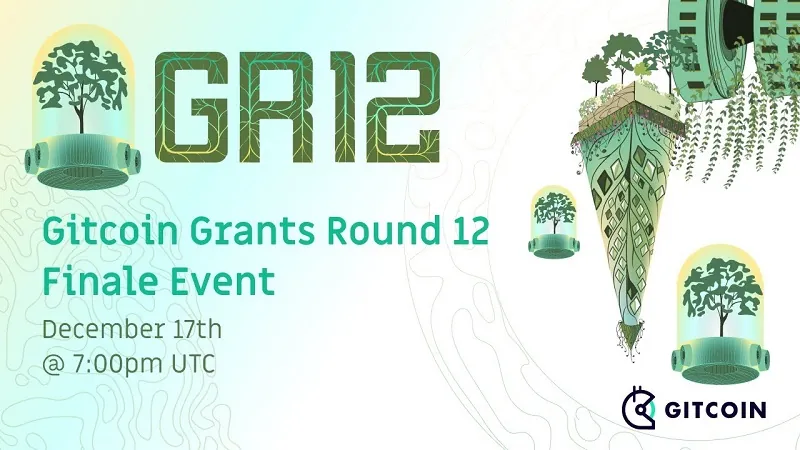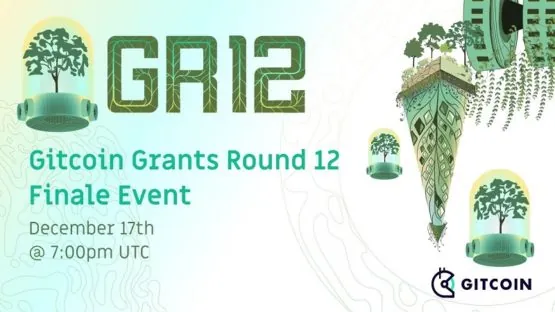In recent years, the cryptocurrency community has become increasingly interested in the drive to increase healthy human lifespans.
Gitcoin introduces longevity research into its funding rounds
Gitcoin recently held its 12th funding round, and the community has chosen to raise cryptocurrency donations for aging research.
Gitcoin is a platform dedicated to supporting the development of open-source Web3 software, a decentralized architecture based upon blockchain technology. One positive aspect of a decentralized system is that it makes funding of projects for “public goods” possible, which can benefit everyone.
What sets Gitcoin apart is its use of Quadratic Funding. This is an algorithmic crowdfunding approach pioneered by Ethereum co-founder Vitalik Buterin. It is designed to support multiple projects at once and allocate larger matching funds to the most popular projects.
Simply put, the system favors the projects with the largest amount of community support and amplifies the power of smaller donations. Small donations then have a much larger impact, and the matching pool puts that power to work.
VitaDAO stepped up the plate with its selection longevity projects
VitaDAO has curated an excellent selection of longevity related projects during the GR12 funding round. You can see from this chart how much each of the top longevity projects has raised during this funding round.

The VitaDAO Longevity Prize raised $175,000 from the donations and matching fund. These funds will split into smaller grants and be awarded to groups achieving specific aging research milestones.
This was inspired by the Methuselah mouse prize, which rewarded breaking the world record for the oldest-ever mouse. Such initiatives are a great way to encourage researchers to push harder and could help the field to progress faster.
The Alliance for Longevity Initiatives raised over $12,000 during the round. This is a new non-profit that provides our movement with the political and lobbying voice it needs in the United states. In order to get therapies approved, we need such an organization to engage with politicians and government agencies.
Lifespan.io also had a number of projects in the GR12 funding round. Perhaps the most important is the Lifespan.io Web3 project, which will bring crowdsourced clinical trials and cryptocurrency together. Almost $65,000 was raised to support this important step towards integrating aging research and cryptocurrency.
The system uses inverse quadratic funding to power decentralized clinical trials that can sidestep the bottlenecks in the traditional centralized system. Essentially it is a variation of quadratic funding designed to drive significant support to a single targeted project, as part of a community-driven platform.
The Lifespan.io Mindset project was also featured and raised over $12,000 for Alzheimer’s disease research. Led by Dr. Oliver Medvedik, the Vice President of Lifespan.io, this represents our first in-house research program.
The project will create a headset that generates light and sound at specific frequencies and may help to combat Alzheimer’s disease.

Traditional drug approaches to Alzheimer’s disease have yet to succeed, which makes exploring other approaches is very important. Projects like Mindset allow us to explore those other paths and determine if non-drug interventions can impact the disease. If successful, it could be life-changing for people suffering from this awful condition.
Decentralized funding for longevity research
Unfortunately, the traditional scientific grant system is competitive and suffers from a culture of risk aversion. The reticence to fund ambitious projects in favor of more modest ones is an example of this aversion to risk. Grant givers tend to favor projects that are a safer bet and have a higher chance of success.
The journal publication system also suffers from this. Publishers often favor positive results and refuse to publish negative results in the name of good optics over good science.
That said, the traditional grant system is not without some merit and it does indeed fund useful studies and projects. However, having an alternative system like this fills the gap that traditional systems cannot.
The GR12 Finale event
December 17th saw the finale of the funding round, and it was accompanied by a webinar on Youtube. Keith Comito was at the webinar and talked about the role of cryptocurrency transactions as a driving force for aging research.
Conclusion
It’s great to see a rising interest and support for more ambitious research coming from the crypto community. Digital currencies could be the catalyst for funding research differently in the near future.
Decentralized funding could prove to be a decisive factor in the pace of progress in our field in the coming years. We wholeheartedly support initiatives like Gitcoin GR12 and hope to see another funding round with longevity related projects in the future.







